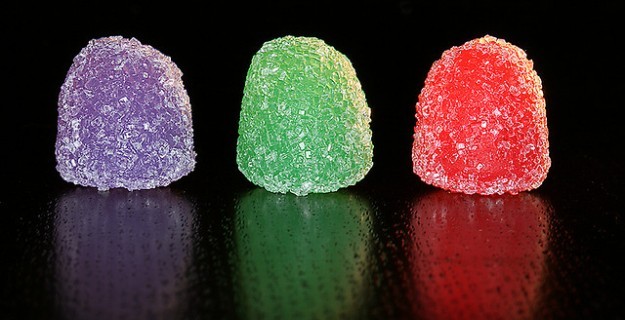
Driving anxiety may seem like a big, huge issue that can only be overcome with big, huge steps – but the small stuff can also help. Small rewards can make a grand difference for keeping you headed in the right direction, whether you’re trying to lose weight, finish a complex project or, as the case may be, make progress in overcoming a driving phobia.
The techno-babble
We didn’t just make this stuff up. The reward system for encouraging wanted behavior is actually a component of operant conditioning, a phrase coined by American psychologist B.F. Skinner. Operant conditioning involves looking at the consequences of a specific behavior as a way to shape or deter that behavior going forward.
In the case of small rewards for making a small step in dealing with driving fear, the consequence is a positive thing. This positive consequence, in turn, should propel you to want to more of the behavior to reap more of those positive consequences. Hence, you have just met positive reinforcement, one of the four types of operant conditioning.
The other three types of operant conditioning are negative reinforcement, punishment and extinction. While positive reinforcement attempts to encourage a behavior by rewarding you for it, negative reinforcement does the opposite. It attempts to encourage a behavior by providing negative consequences if you do not engage in that behavior.
Punishment serves to stop a behavior by providing negative consequences for engaging in the behavior. Extinction aims to weaken a behavior by offering neither positive nor negative consequences when you engage in the behavior.
Positive reinforcement case in point
Positive reinforcement, even with the smallest of rewards, can help encourage any type of behavior, but let’s couple it with driving. Let’s say you really want those cool shoes you saw on sale. Make a deal with yourself that you’ll buy the new shoes if you drive across the bridge you’ve been avoiding for three weeks.
Your new shoes look so fab that you’re next reward will be new socks, then new slacks, then a new something else every time you drive somewhere that you’ve been previously avoiding.
Small rewards cases in point
Buying out the store in increments every time you cross the bridge could end up being quite costly. Smaller, less-costly rewards can be just as effective, as noted in a Psychology Today article by Katrina S. Firlik, MD. She points out the littlest things can garner big results, such as:
- Her daughter’s delight at going to the dentist since she’s allowed to pick two free goodies from a “treasure box” at the end of her visit
- The long, snaking line outside a nearby ice cream shop every time the shop offers “free cone day”
- The medial conference booths: “I think back to all the medical conferences I’ve attended and recall the lines that formed at booths that offered free t-shirts in exchange for personal contact information. The t-shirts weren’t even that nice, and we’re talking about physicians in the 1%.”
People like even the smallest rewards, as long as it’s a reward! And if small rewards can work for getting a kid to enjoy the dentist, there’s a chance they may work for you in various situations, including those related to your driving anxiety.
SOURCES:







